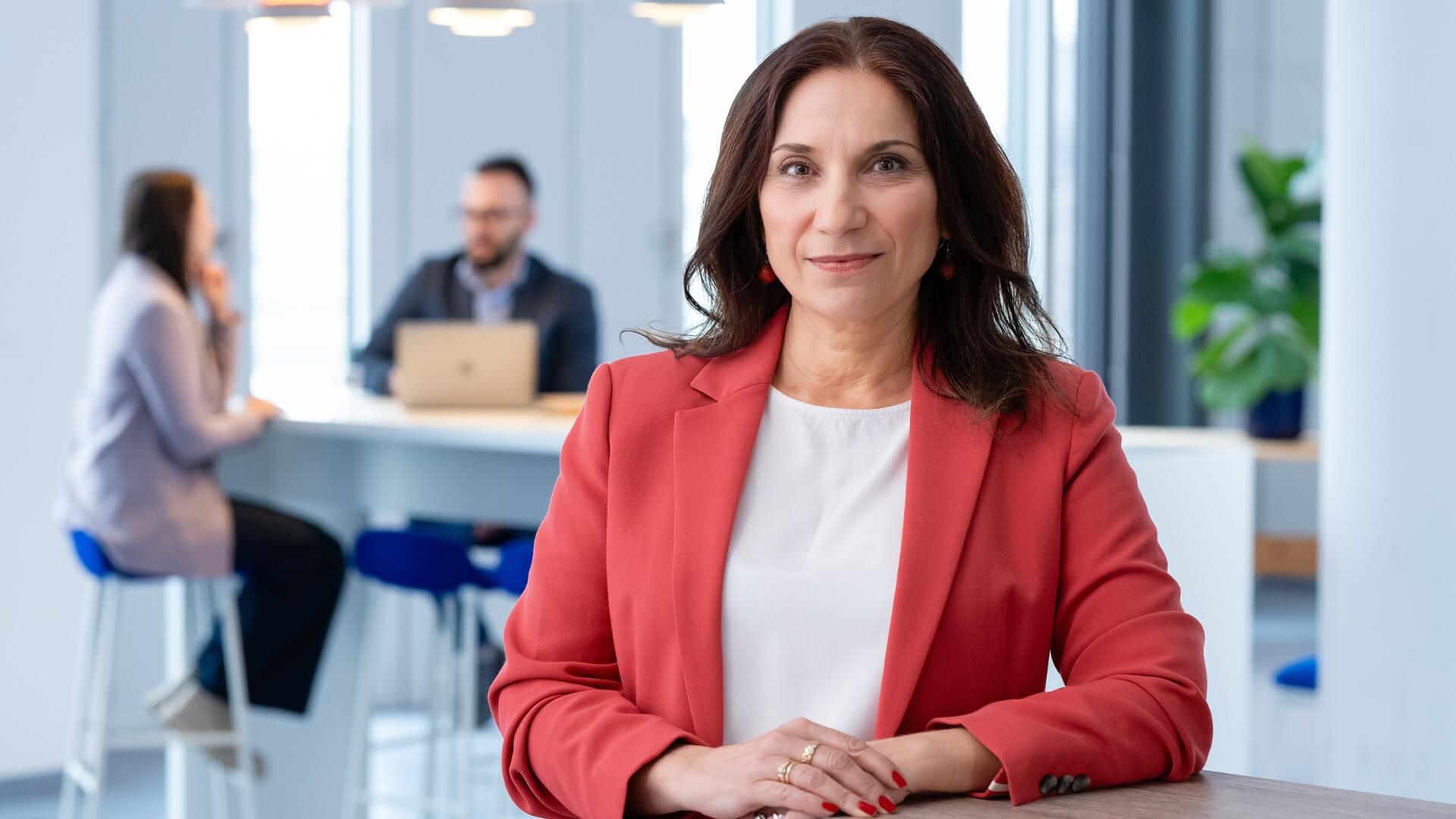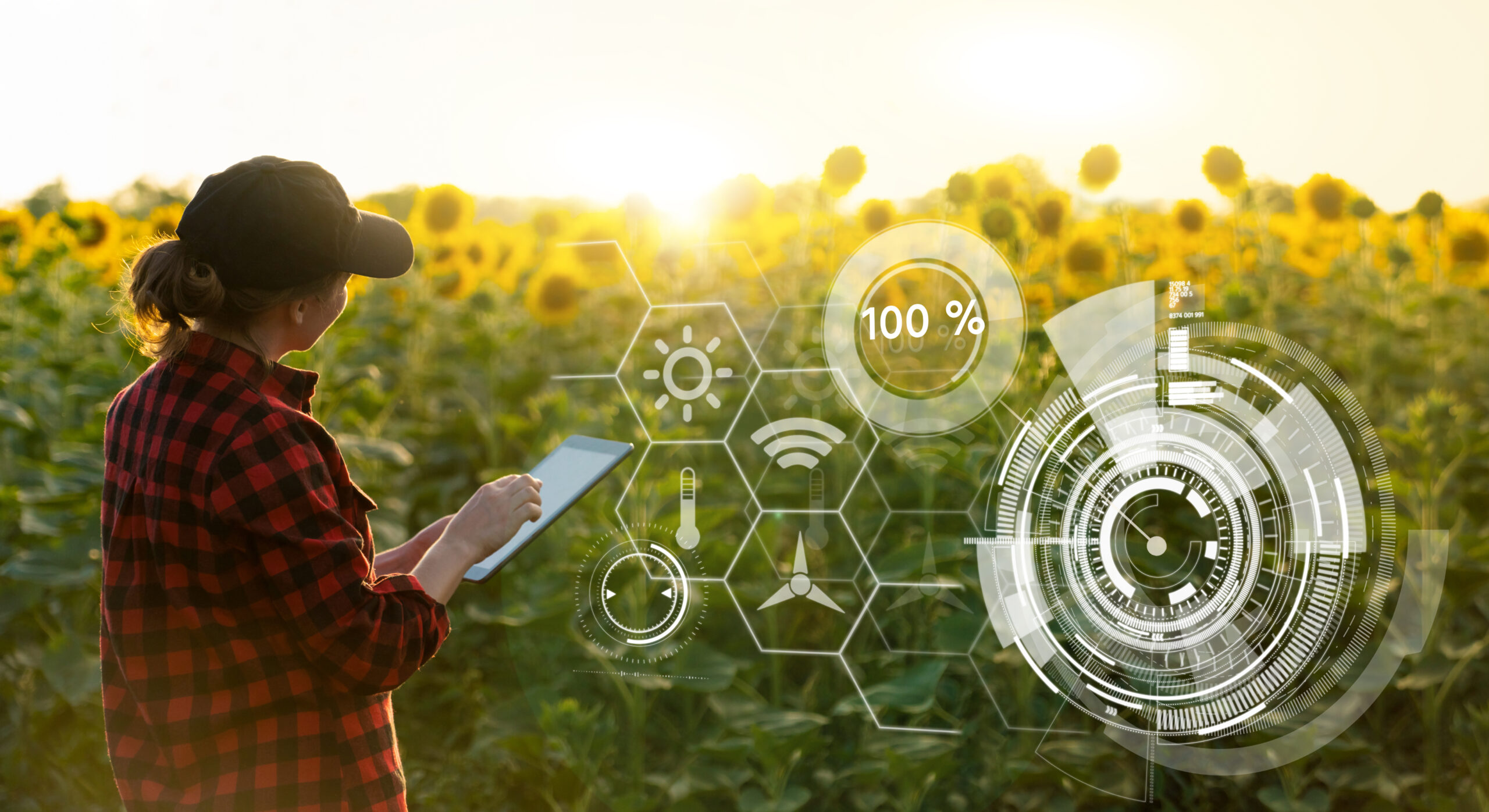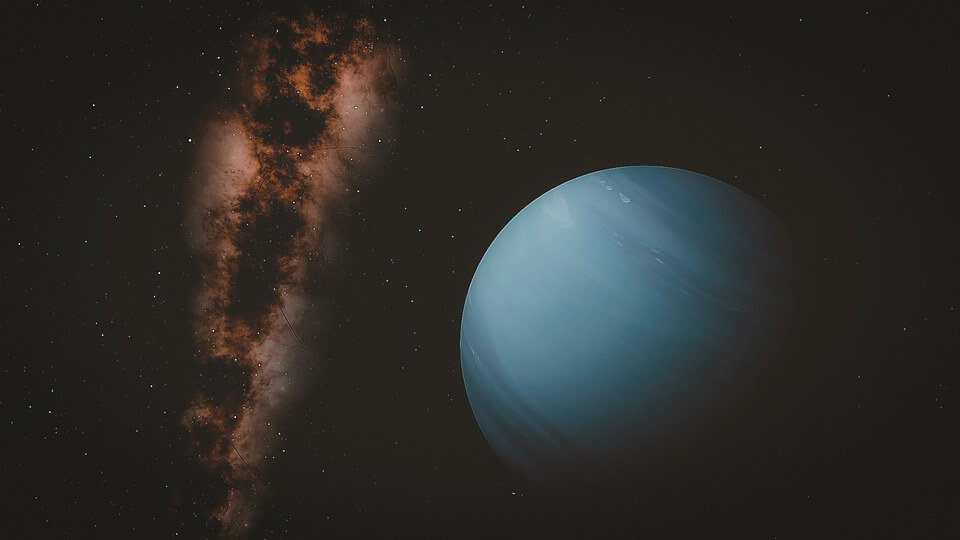Module 1: Introduction by Thomas Reiter
Welcome to our course on Space Safety. The introduction by former astronaut Thomas Reiter will provide the kick-off to your studies.
Module 2: Introduction Space Safety
This lecture describes the three domains of space safety as a general introduction to the lecture series. It explains the origin and impact of space weather events and the fundamentals of planetary protection and then concentrates on the third domain – man-made space debris.
Module 3: Space Weather
This lecture aims to provide students with a basic knowledge of space weather, how it is produced by our Sun, its most critical characteristics and how it can impact our infrastructure.
Module 4: Space Debris
Decades of launching spacecraft and upper stages have created an environment which requires understanding and counter measures. Space debris is generated by break-ups, collisions, solid rocket motor firings, reactor coolant releases, paint flakes and ejecta.
Module 5: Collision Avoidance
This lecture describes the techniques for avoiding collisions between active spacecraft and other objects orbiting the Earth.
Module 6: Planetary Defense and Asteroid Impacts
This lecture’s objective is to provide students with a basic knowledge of the concept of how to deal with potential asteroid impacts.
Module 7: SSA Centre
This lecture is about the German SSA Centre (GSSAC), looking at nearly the first 10 years of the civilian-military GSSAC from 2011 up until today and presenting its set-up as a civilian-military centre. The various interests in space are outlined by sketching out the civilian and the military perspectives on the use of space.
Module 8: Cyber Security
Cyber security deals with all aspects of security in information and communication technology (ICT), such as all technologies connected to the internet and comparable networks, and includes communication, applications, processes, and processed information based on ICT.
Module 9: Space Medicine
In this course module, you receive an adequate overview of the medical space research from experts at LMU University Hospital of Munich.






